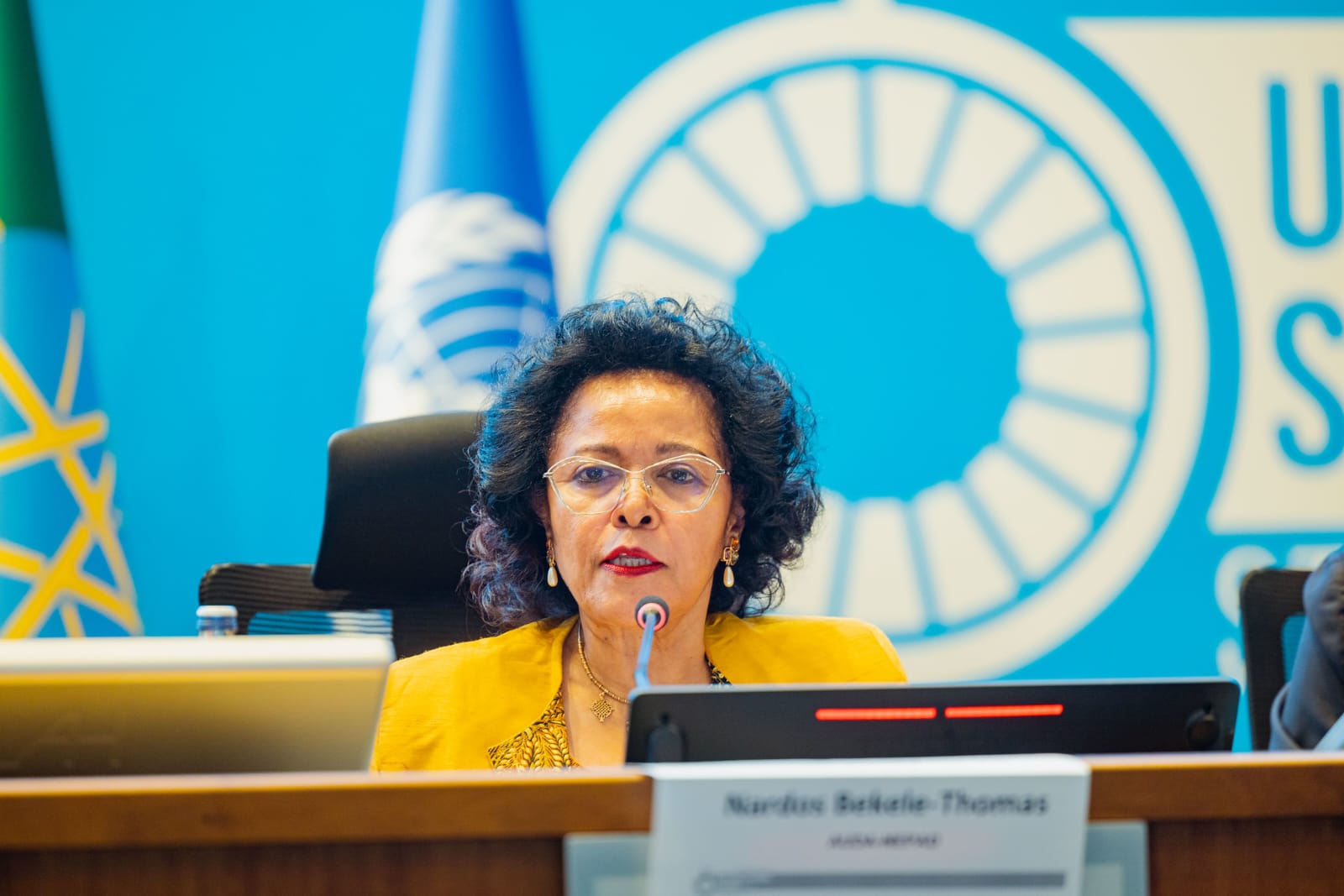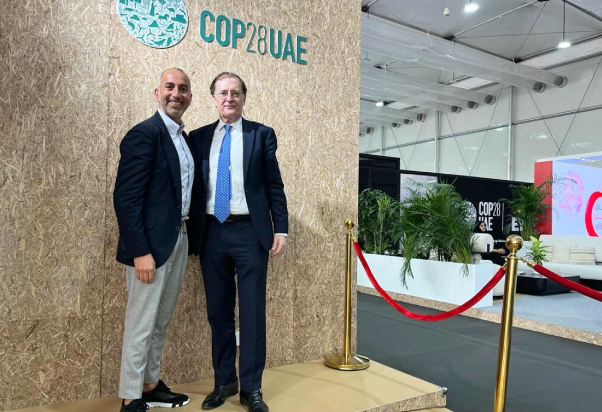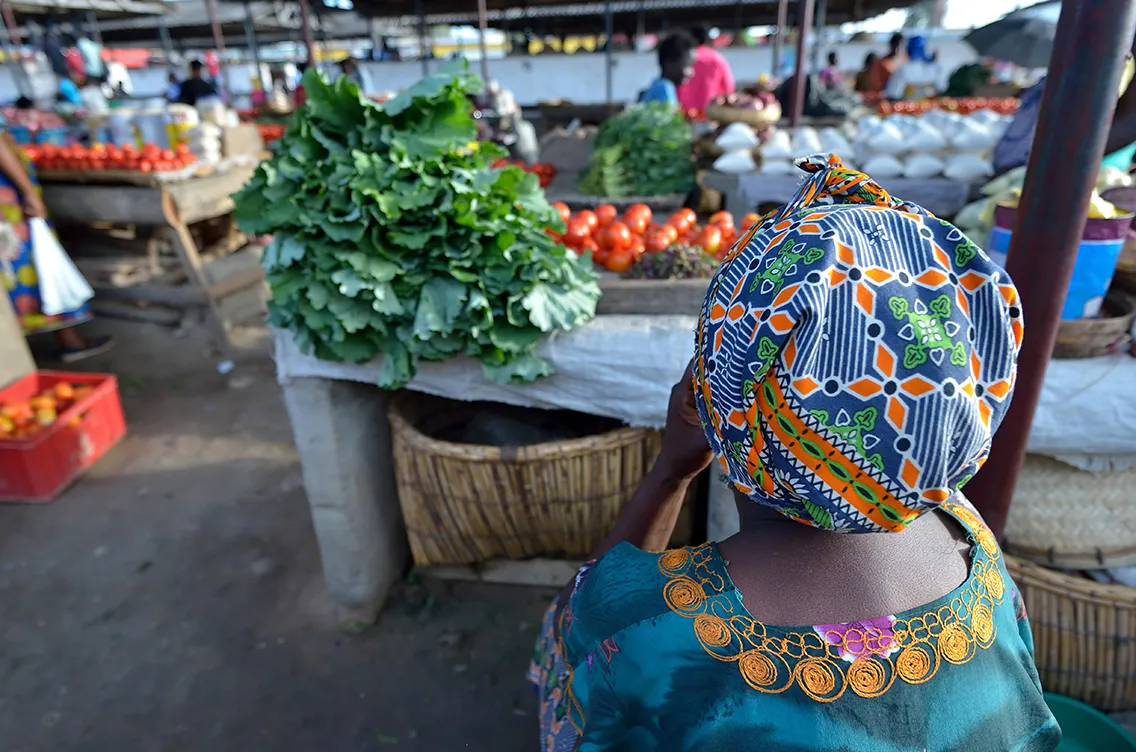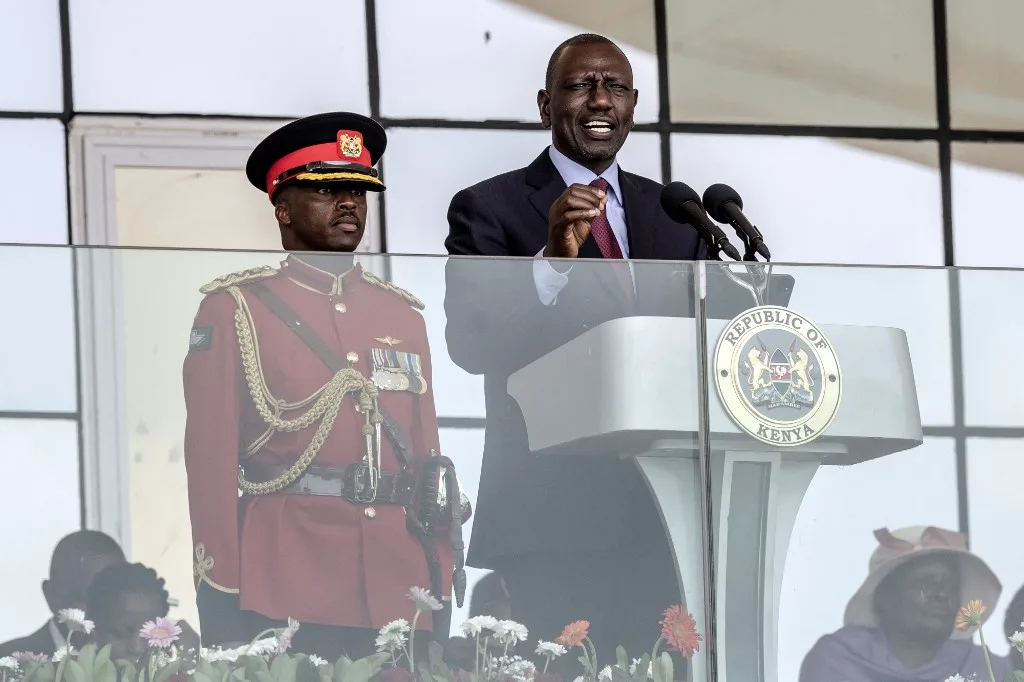
This article was produced with the support of AUDA NEPAD
The World Trade Organization’s Agreement on Fisheries Subsidies (AFS) officially enters into force today, marking the first WTO multilateral agreement with environmental sustainability at its core. For Africa, this landmark deal represents a crucial step toward protecting the continent’s vast marine resources and the millions of livelihoods that depend on them.
“This agreement is fundamentally about fairness and sustainability,” says CEO Nardos Bekele-Thomas. “For too long, harmful fishing subsidies have distorted global markets and depleted the very resources that African communities rely on for food security and economic opportunity. The AFS finally gives us the tools to level the playing field.
Tackling the root of the problem
The agreement establishes three core prohibitions targeting the most destructive fishing subsidies: those supporting illegal, unreported and unregulated (IUU) fishing; fishing of overfished stocks without effective rebuilding measures; and unregulated fishing on the high seas beyond national jurisdiction.
These prohibitions address a massive problem for Africa. IUU fishing costs the continent up to $11.2 billion annually, according to the Institute for Security Studies, draining public revenues and undercutting law-abiding fishers. In the South-West Indian Ocean alone, illicit shrimp and tuna fishing is estimated to cost $142.8 million per year across five coastal states.
“The scale of these losses is staggering,” notes Bekele-Thomas. “We’re talking about resources that could be feeding families, creating jobs, and building sustainable coastal economies. Instead, they’re being stolen by operators who face no consequences for their actions.”
Africa’s stake in the game
The continent’s dependence on marine resources makes this agreement particularly significant. Fisheries and aquaculture contribute over $24 billion in value added and support roughly 12.3 million livelihoods across Africa, according to AUDA-NEPAD data. Aquatic foods provide about 18% of animal-source protein on average across the continent, with much higher reliance in coastal areas.
Small-scale fisheries are especially important, producing over 60% of Africa’s fish and accounting for more than 90% of fish consumed on the continent. These operations face direct competition from heavily subsidized industrial fleets that can fish at artificially low costs.
“Our small-scale fishers are the backbone of coastal food security,” explains Bekele-Thomas. “They deserve protection from unfair competition that threatens both their livelihoods and the marine ecosystems they depend on.”
Strong African momentum
Twenty-three African WTO members have already accepted the agreement out of 45 on the continent, demonstrating strong regional commitment to sustainable fisheries management. The agreement required acceptance by two-thirds of the WTO’s 164 members to enter force, a threshold that was surpassed with 111 acceptances.
The agreement includes special provisions for developing countries and least-developed countries, including calibrated flexibilities for implementation and access to technical assistance through a dedicated WTO Fisheries Funding Mechanism supported by partners including the FAO, IFAD, and World Bank.
“Africa helped deliver this agreement, and now we’re focused on delivery on the ground,” says Bekele-Thomas. “The funding mechanism ensures that countries have the support they need to implement these rules effectively while building their capacity for sustainable fisheries management.”
Implementation challenges and opportunities
Governments now face the immediate task of aligning their domestic policies with the new rules. This includes auditing existing subsidy programs, establishing due-process protocols for IUU determinations, and upgrading monitoring, control and surveillance systems.
AUDA-NEPAD is offering comprehensive support to member countries, including policy and legal reviews, capacity building for monitoring and enforcement, and assistance with funding proposals to the new mechanism.
“Implementation won’t happen overnight, but the framework is now in place,” notes Bekele-Thomas. “Countries that move quickly to align their policies and strengthen their enforcement capabilities will see the benefits in healthier fish stocks and more sustainable fishing industries.”
Looking ahead
The current agreement represents just the first phase of WTO fisheries negotiations. Talks continue on a complementary package addressing overcapacity and overfishing, known as “Fish 2,” which will include further disciplines on subsidies with development-friendly flexibilities.
For Africa, the agreement also connects with broader blue economy opportunities. Aquaculture on the continent has grown roughly 455% since 2000—the fastest growth globally—demonstrating the potential when governance and investment align.
“This agreement is about more than just stopping bad practices,” emphasizes Bekele-Thomas. “It’s about creating space for sustainable growth that benefits African communities. We’re seeing incredible potential in aquaculture and value-added processing. The AFS helps ensure this growth happens in a way that’s both sustainable and inclusive.”
The entry into force of the AFS marks a significant milestone in global efforts to combat overfishing and create fairer competition in international waters. For Africa’s coastal communities, it offers hope for a more sustainable and equitable future built on the continent’s vast blue economy potential.






Recent Comments